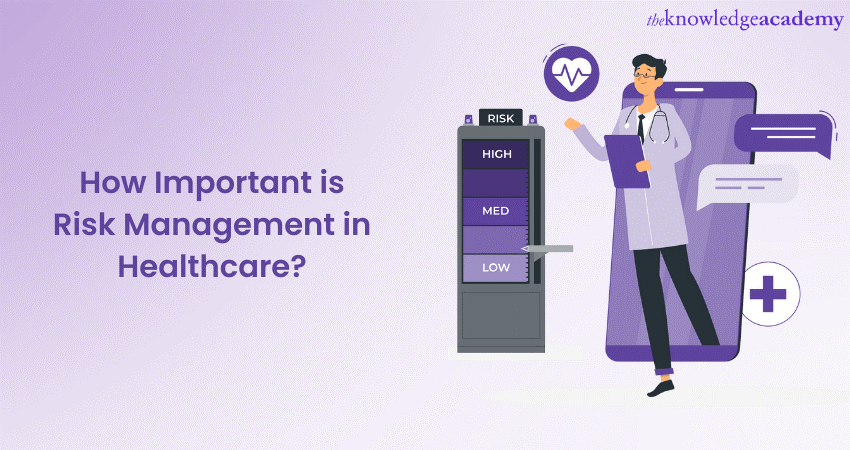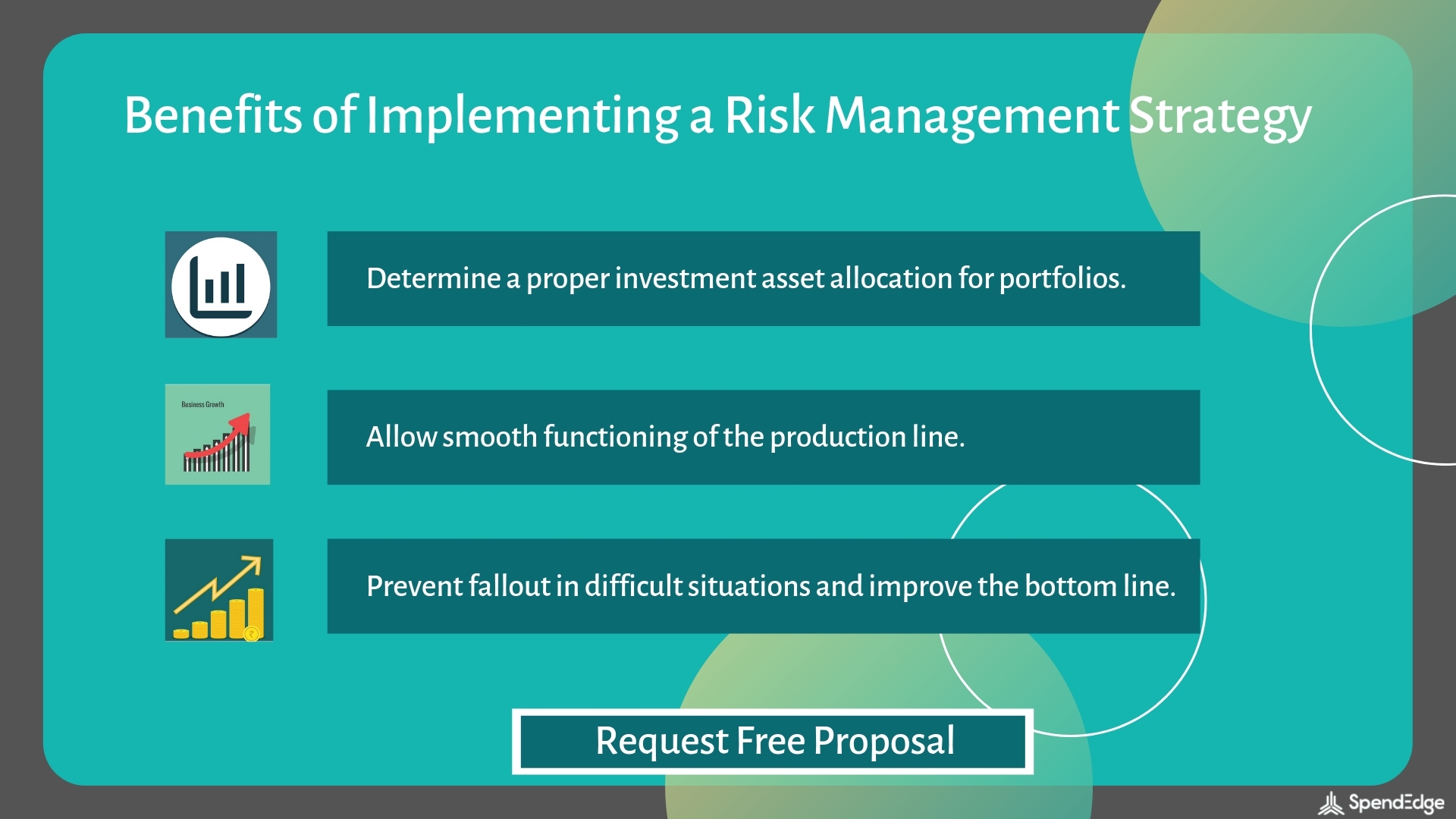Exploring the Long-Term Benefits and Importance of Risk Management for Startups
Exploring the Long-Term Benefits and Importance of Risk Management for Startups
Blog Article
The Essential Importance of Risk Management in Getting Business Objectives
This is where Risk Management actions in, supplying a structured method to recognizing, analyzing, and mitigating possible barricades to progress. As we check out the crucial duty of Risk Management in attaining organizational objectives, one can't ask yourself yet help: how does this equate right into real-world success?
Understanding the Principle of Risk Management in Business

The Integral Role of Risk Management in Strategic Preparation
Integrating Risk Management into calculated preparation works as a secure for organizations, anchoring their long-term strategies with a strong structure of preparedness and strength. It runs as the organization's radar, discovering prospective threats and susceptabilities that could interfere with the path in the direction of achieving their mentioned objectives. Risk Management offers a structure for expecting unpredictabilities and developing ideal responses, making certain the company's survival and prosperity even when faced with difficulty. By incorporating Risk Management right into critical planning, companies can transform these unpredictabilities right into chances for growth and advancement. This calculated interweaving of Risk Management cultivates versatility, making organizations more durable and enabling them to browse the ever-changing organization landscape confidently. Risk Management ends up being a crucial tool in tactical planning, crucial in securing lasting success.

Techniques for Identifying, Assessing, and Focusing On Dangers
Navigating the facility landscape of risks needs the application of details techniques for their prioritization, analysis, and identification. The process begins with Risk identification, utilizing devices such as SWOT evaluation, which aids in identifying potential hazards and possibilities. Next off, Risk evaluation is performed to identify the possible influence and chance of each Risk. Tools such as Risk matrices and impact-probability graphes are used for this. Risks are focused on based on their prospective influence and chance, permitting organizations to concentrate their resources on critical dangers. This systematic strategy makes certain an extensive understanding of the Risk landscape, allowing companies to make company website informed choices and efficiently manage risks to accomplish their goals - importance of risk management.
Safeguarding Organizational Workflow Via Effective Risk Management
In business landscape laden with unpredictabilities, reliable Risk Management plays a critical duty in protecting organizational procedures. It acts as a protective shield, mitigating the adverse impacts of possible threats and ensuring the smooth performance of all procedures. By recognizing and analyzing possible dangers, Risk Management makes it possible for organizations to establish durable backup plans. This preventative technique aids in maintaining functional stability, also when challenged with unexpected situations. Essentially, Risk Management is the lifeline that keeps the organizational procedures afloat in the middle of unstable waters. It guarantees not only the survival but the sustainable development of an organization, making it a crucial device in accomplishing organization goals. Thus, organizations have to spend in comprehensive Risk Management approaches to secure their operations.

Converting Potential Hazards to Opportunities: The Power of Risk Management
While prospective risks may at first look like obstacles to organizational success, effective Risk Management can change them into chances. A positive approach to run the risk of Management involves recognizing, evaluating, and prioritizing threats to create techniques that turn them right into prospective advantages. This procedure necessitates the growth of a risk-aware culture within the organization, urging individuals to check out risks as possible stimulants for modification and development, instead of look at more info plain threats. importance of risk management. Through this lens, potential dangers come to be opportunities to introduce, improve procedures, and reinforce durability. Thus, by leveraging the power of Risk Management, organizations can not just guard their operations however likewise spur growth and achieve their objectives in an unpredictable company atmosphere.
Situation Studies: Success Stories of Risk Management Driving Business Objectives
Effective application of Risk Management methods has actually produced remarkable results in different companies, underscoring the qualities of this approach. Multinational firms like Microsoft and Google, for instance, have actually leveraged Risk Management to lessen hazards and manipulate opportunities, driving their company objectives forward. These examples illustrate Find Out More how effective Risk Management can not only guide organizations clear of prospective mistakes however additionally lead them in the direction of their strategic goals.
Conclusion
In final thought, Risk Management is fundamentally essential in accomplishing organizational goals. By incorporating Risk Management right into critical planning, businesses can much better browse unpredictabilities, secure procedures, and capitalise on possibilities, consequently lining up with lasting purposes.
At its core, Risk Management is the process of identifying, examining, and addressing prospective risks that could negatively impact a company's objectives or operations. Next off, Risk assessment is performed to ascertain the prospective effect and probability of each Risk. Dangers are prioritized based on their prospective influence and possibility, permitting organizations to concentrate their resources on high-priority threats. By identifying and assessing prospective hazards, Risk Management makes it possible for organizations to develop robust contingency strategies. A positive strategy to run the risk of Management entails identifying, analyzing, and focusing on threats to design methods that turn them into possible benefits.
Report this page